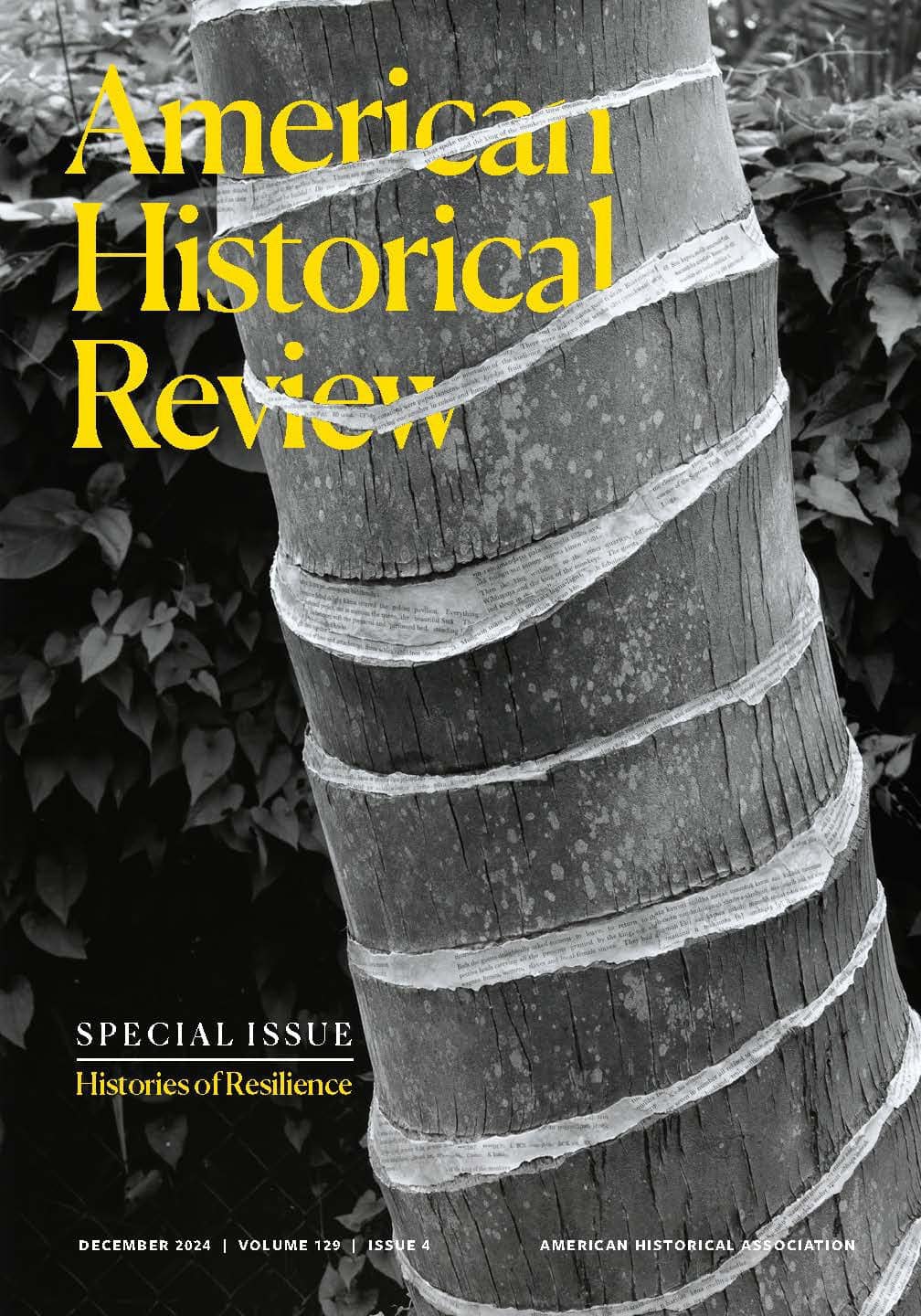.jpg)
AHA Communities
Want to organize a panel for the 129th annual meeting, but don’t know where to start? Are you a member of a graduate student organization who wants to connect with other student associations in the US? Or maybe you are a department chair who is trying to re-think tenure and promotion criteria and wants to share ideas. In the spirit of dialog and discovery, we are proud to launch AHA Communities, a new platform for online communication and collaboration. AHA Communities will serve as a new space for the history community to connect, share ideas, discuss professional and theoretical issues, and take advantage of user-friendly digital tools. Participants in AHA Communities can:
- Create open, closed, or invite-only communities around their own interests and questions
- Build a professional profile
- Create a blog that can be shared or published privately
- Connect with other users and send private messages
- Comment on discussion threads or start new ones
- Share documents and files
- Control access and privacy levels on all of the above
Although only AHA members can take advantage of full access to AHA Communities tools, nonmembers can read and comment on any public community thread. AHA staff and AHA Council members also create, read, and comment on discussion topics, offering another form of communication between members and the AHA.
We have already created a number of AHA Communities of interest to users, including:
- Member Forum: a place to discuss topics and concerns among AHA members.
- Annual Meeting: share session and conference information or connect with fellow panelists and attendees, or ask questions.
- History in the News: historical takes on current events or historians in the news.
- Perspectives on History: Led by the editors of Perspectives, a place to discuss and comment on articles in the newsmagazine or suggest ideas.
- Teaching and Learning History: Led by AHA vice president, Teaching Division, a place to discuss issues in K–12 and higher education teaching and learning.
Simply visit AHA Communities, and click “Log in to Participate.” You can login with your AHA username and password. If you do not have a login ID, you can create a new account. Once you are logged in, we encourage you to set up a profile, join a community, and explore contacts in the AHA Communities directory.
We hope AHA Communities will serve as an exciting new platform for the historical discipline, where historians will share research, solicit advice, connect and network with colleagues, and discuss issues in and around the discipline in an exclusive social network.



